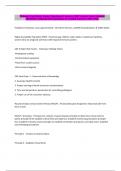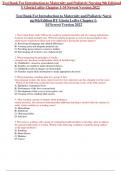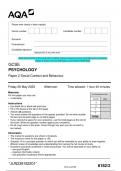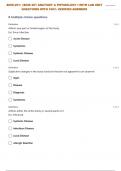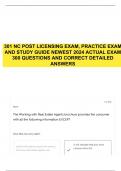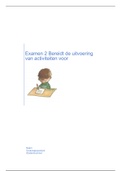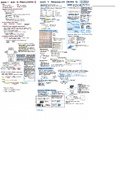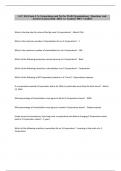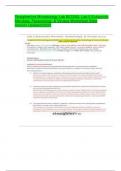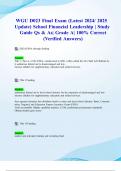Exam (elaborations)
Walmart Food Safety Exam | Questions & Answers (100 %Score) Latest Updated 2024/2025 Comprehensive Questions A+ Graded Answers | 100% Pass
- Course
- Institution
Walmart Food Safety Exam | Questions & Answers (100 %Score) Latest Updated 2024/2025 Comprehensive Questions A+ Graded Answers | 100% Pass
[Show more]
